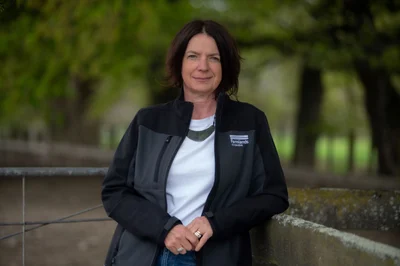International Women’s Day: Tanya Houghton chief executive officer Farmlands

Why is so important for women to hold leadership positions in the primary industry?
The Ministry for Primary Industry statistics show that the current gender ratio in NZ’s food and fibre industry is 65:35 in favour of men
Obviously, women aren’t as well-represented as they could be.
Agriculture offers career options for anyone interested in science, marketing and branding, and women should be taking their fair share of these great roles. It’ll help to break down some of the traditional sex-related job silos, many of which offer their mainly female workers lower pay and fewer opportunities.
Plus working in agriculture is a really important way for young people to contribute to righting climate change and wahine need to be part of this.
Increasingly our agri workforce is becoming female, whether on-farm or in the teams providing on-farm support and services. Younger women need to see we are a sector which can provide them with long-term career paths, ensuring we can attract and retain great talent. Increasingly a predictor of future success is the talent a business, organisation or sector attracts, and NZ agri needs to show that it is a place that women can thrive.
It’s a fact that long term success and innovation requires diversity of thought, experience, and approach. The best way to achieve that is with a diverse team. When we have women in leadership positions, we naturally create environments of greater diversity. Where it is safer to challenge the status quo and think outside the square.
What obstacles are there for women in agricultural roles, and how can we remove those obstacles?
Old-school attitudes about physical strength and aptitude - talk openly about the resistance women will face from some of the small pockets of opposition that exists in our sector. Provide the tools and support networks to build the resilience needed.
Lack of role models – find the stories of women doing amazing things and celebrate them- showing others what is possible.
Real or perceived lack of flexibility in lifestyles and locations - consciously create solutions which keep women working in the sector through particular stages of their lives i.e. becoming a parent- provide good options for more flexible working.
What advice would have for women who are wanting to rise through the ranks, and advance their career in agriculture?
Best piece of advice ever - say yes to all the opportunities that are presented to you, and hunt down the ones you want. Don’t wait to be “ready”, give it a go and work it out. Have faith and confidence in your ability to learn on the job.
As told to Claire Inkson

